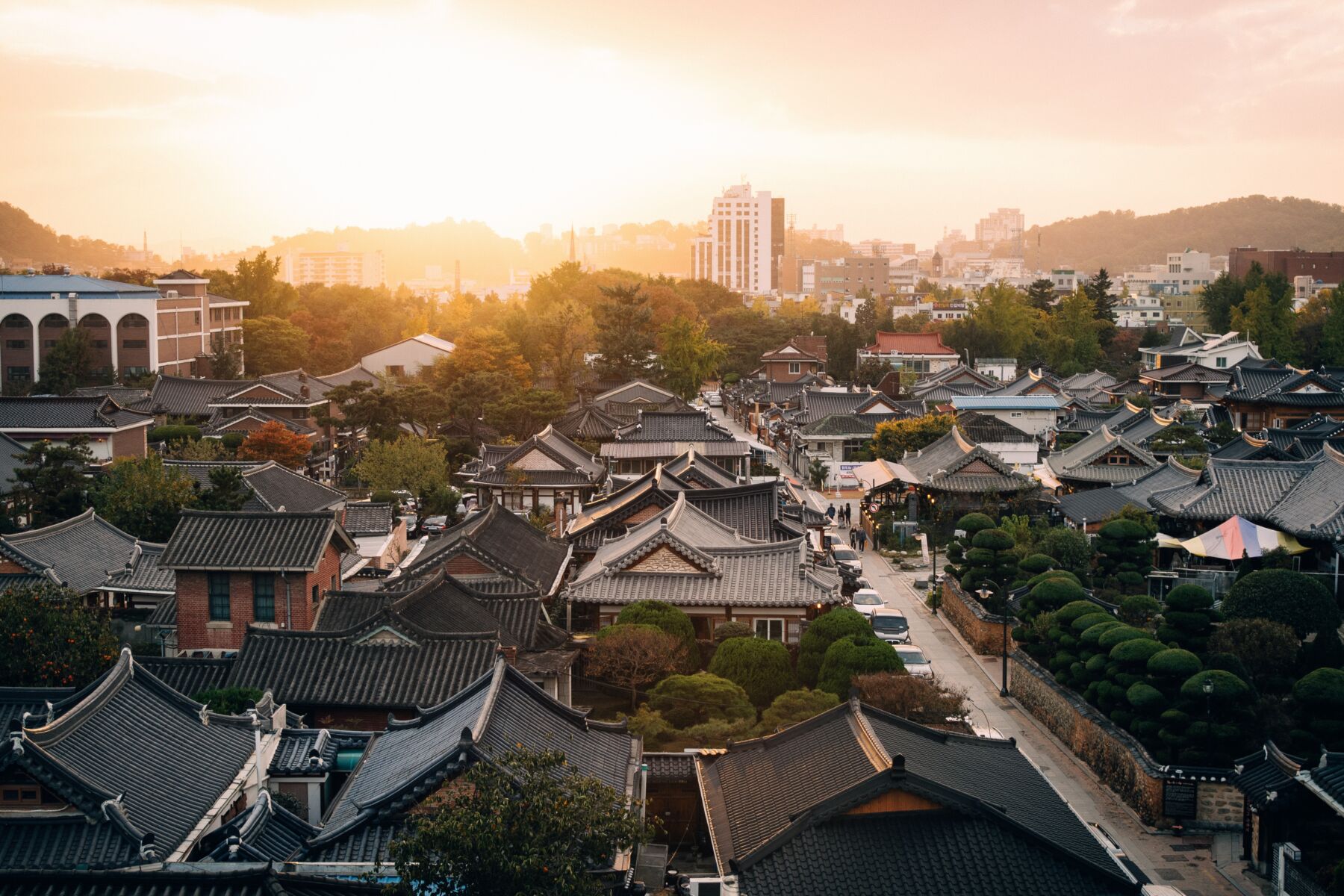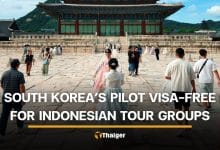South Korea aims to boost Thai tourism with new campaign

South Korea, marking its 65th year of diplomatic relations with Thailand, is all set to attract more Thai tourists. This comes as part of a bilateral effort to revive the tourism industry in both countries, which shares a robust relationship economically, socially, and culturally.
Covid-19 restrictions saw a decline in international tourism, with South Korea welcoming about 570,000 Thai tourists each year prior to the pandemic. Following the easing of these restrictions, South Korea is eager to welcome international tourists back under its new campaign, Travel to Korea Begins Again. The top five international arrivals in Korea are from the United States, China, Japan, Taiwan, and Southeast Asia, with Thailand being the primary tourist market from this region.
South Korea is also keen to promote new destinations such as Chungcheongnamdo (South Chungcheong province) and Chungcheongbukdo (North Chungcheong province) in the central region. The Korea Thailand Communication Centre (KTCC) and Chungcheong Region recently invited the Thai Travel Agents Association (TTAA) and media outlets on a familiarisation trip to these regions.
Kim Jung-soo, manager of Cheongju International Airport, spoke optimistically about the impact of daily direct flights from Cheongju International Airport to Don Mueang International Airport, stating that about 150-200 Korean tourists now visit Thailand daily. Kim Jung-soo hopes this low-cost airline link will attract more Thai tourists, particularly those interested in medical or wellness tourism, to visit Chungcheong.
The Chungcheong region offers tourists a blend of history and culture. The Cheongnamdae Presidential Villa, built in 1983 by then-president Chun Doo-hwan, is one such attraction. The villa has been open to the public since 2003 and has received more than 13 million visitors in 2022.
Another historical attraction is the Beopjusa Temple on Songnisan Mountain in Chungcheongbukdo. This Buddhist temple is one of Korea’s oldest and greatest, dating back around 1,500 years. The temple, a Unesco World Heritage Site, is known for its cultural heritage, including a 33-metre-tall gilded bronze Buddha statue.
Chungcheong also offers modern attractions like the world’s largest rooftop garden at the Government Complex Sejong and the Expo Science Park, hot springs and Uineungjeongi Cultural Street in Daejeon, the fifth-largest metropolis in Korea.
Despite these attractions, Wachira Wichaiwatana, vice president of TTAA, expressed concern about the ‘phi noi’ or “little ghosts,” referring to Thai job-seekers who enter South Korea as tourists and then disappear to work in the grey economy. This issue has led to some Thai visitors being denied entry to the country.
Young-Sook Yoon, Convergence Team director of the Daejeon Tourism Organisation, stated that Daejeon is eager to welcome individual and business travellers. She also mentioned that the Korea Tourism Organisation plans to host a K-Culture festival and hold B2B meetings in Bangkok this month to promote tourism attractions and activities in second-tier cities.
Ultimately, South Korea’s rich blend of history, culture, and modern attractions, coupled with its new campaign, is poised to attract a significant number of Thai tourists in the coming months, reports Bangkok Post.
Latest Thailand News
Follow The Thaiger on Google News:


























